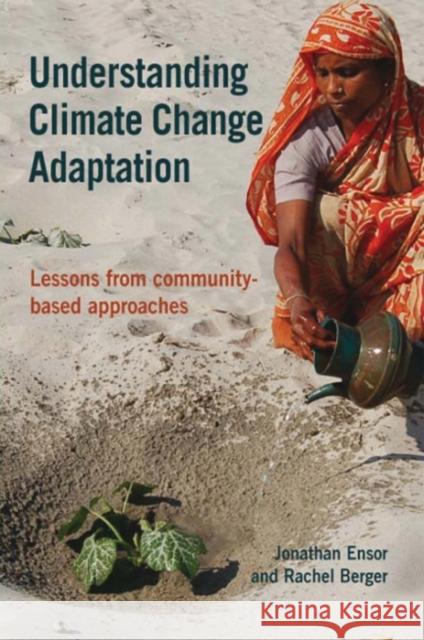Understanding Climate Change Adaptation: Lessons from community-based approaches » książka
Understanding Climate Change Adaptation: Lessons from community-based approaches
ISBN-13: 9781853396830 / Angielski / Miękka / 2009 / 208 str.
Poor people living in regions affected by fluctuating temperatures and rainfall, sea level rise, flooding and drought bear the brunt of climate change. These communities have no choice but to continue to use the resources at their disposal to adapt and survive. Yet in order to adapt people need to appreciate that potentially profound changes are in store and that future impacts are deeply uncertain.
Understanding Adaptation to Climate Change addresses these issues and provides responses to important questions for the international aid community as it seeks to address the impact of climate change. How can agencies assist local communities adapting to change? By what mechanisms can communities make the most of emerging information? Can effective community-based approaches be scaled up?
By combining eight case studies from South Asia, Africa and Latin America with an overall analytical framework, the authors demonstrate that although communities' adaptation strategies vary and depend upon local context, social networks play a pivotal role in accessing useful knowledge and resources. Through such networks, the key activities of reducing vulnerability, fostering resilience, and developing the capacity to experiment and learn are combined and communicated to other communities.
This book is essential reading for NGO practitioners, students, and government and NGO policy makers who wish to gain an understanding of what adaptation means in theory and practice.











